CyberWeek Africa 2024: A Comprehensive Recap
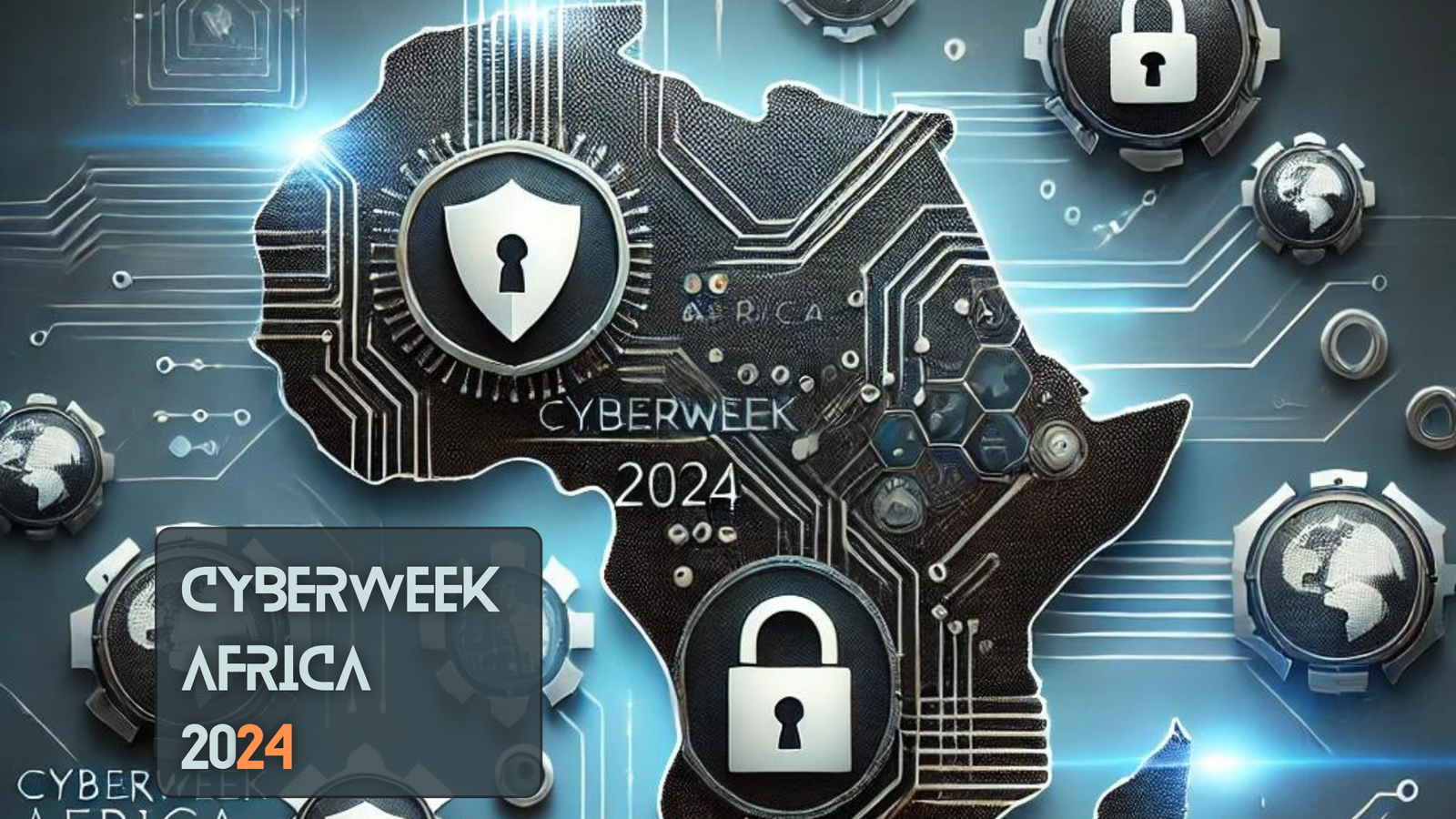
Introduction:
This past week has been nothing short of extraordinary, filled with deep dives into various aspects of cybersecurity, high-value assets, AI’s role in technology, and so much more. The networking opportunities were invaluable, and the hosts from the University of Nairobi (UoN) did a fantastic job organizing the event. Here’s a recap of the week’s highlights, which I truly loved and cannot wait to see come to fruition in the years to come!
Day 1: A Hackathon Kickstart
CyberWeek Africa 2024 kicked off with an exhilarating CTF (Capture the Flag) hackathon. Over 90 talented students from various Kenyan universities gathered to showcase their cybersecurity skills. The intense competition fostered innovation, collaboration, and problem-solving among aspiring cybersecurity professionals. Participants were eager to test their abilities against complex challenges and learn from their peers.
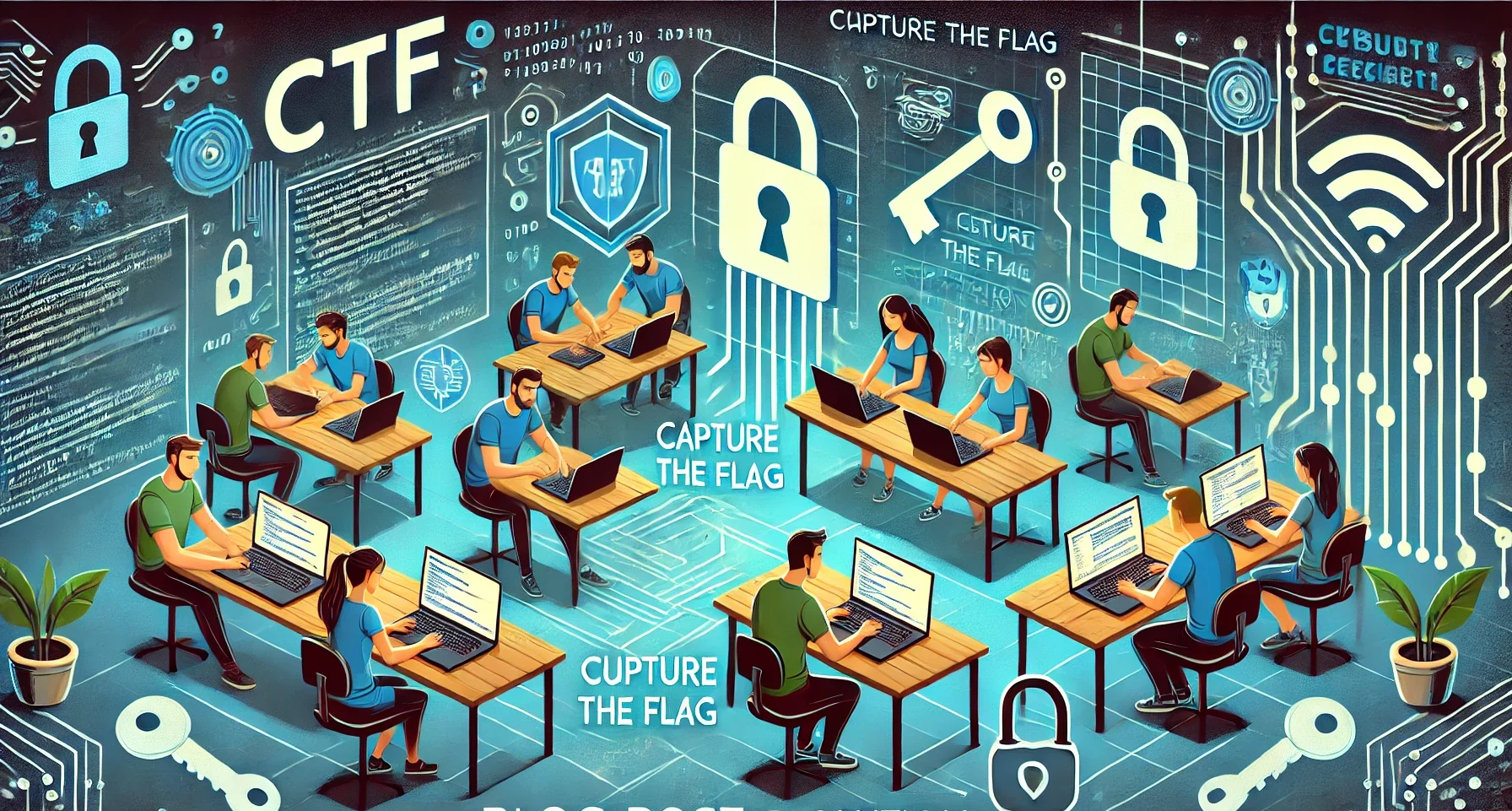
On Thursday, the winning team was announced: Seekers from Jomo Kenyatta University of Agriculture and Technology, led by team leader Victor Mina. The second-place team, Ken Bridge, hailed from KCA University, with team leader Joseph Kimiri. Yel 001 claimed the third spot, concluding an intense and highly competitive event.
Day 2: A Deep Dive into Cybersecurity
The second day of CyberWeek Africa 2024 delved deeper into the complexities of cybersecurity. Attendees were treated to insightful presentations from government officials, industry experts, and academics.
Key Takeaways from the Day’s Discussions:
- Collaboration is Key: The importance of collaboration between the government, private sector, academia, and international partners was emphasized.
- Addressing Cyber Threats: Participants explored the various cyber threats facing Kenya, including ransomware, phishing, and social media manipulation.
- Legal and Regulatory Framework: The need for a robust legal and regulatory framework to protect against cyber threats was discussed.
- AI in Cybersecurity: The potential of AI to enhance cybersecurity measures was highlighted, while also acknowledging the challenges and limitations.
- National Cybersecurity Strategy: The government’s National Cybersecurity Strategy was presented, outlining its goals and objectives.
Additional Highlights:
- Networking Opportunities: Attendees had ample opportunities to network with fellow cybersecurity professionals and explore potential collaborations.
- Engaging Presentations: The speakers delivered engaging and informative presentations that captivated the audience.
On this day, I had the opportunity to meet Haider Chaudhary, whose insights into data protection, autonomy, and localization were particularly enlightening. His perspective deepened my understanding of how legislative frameworks can enhance our cybersecurity strategies.
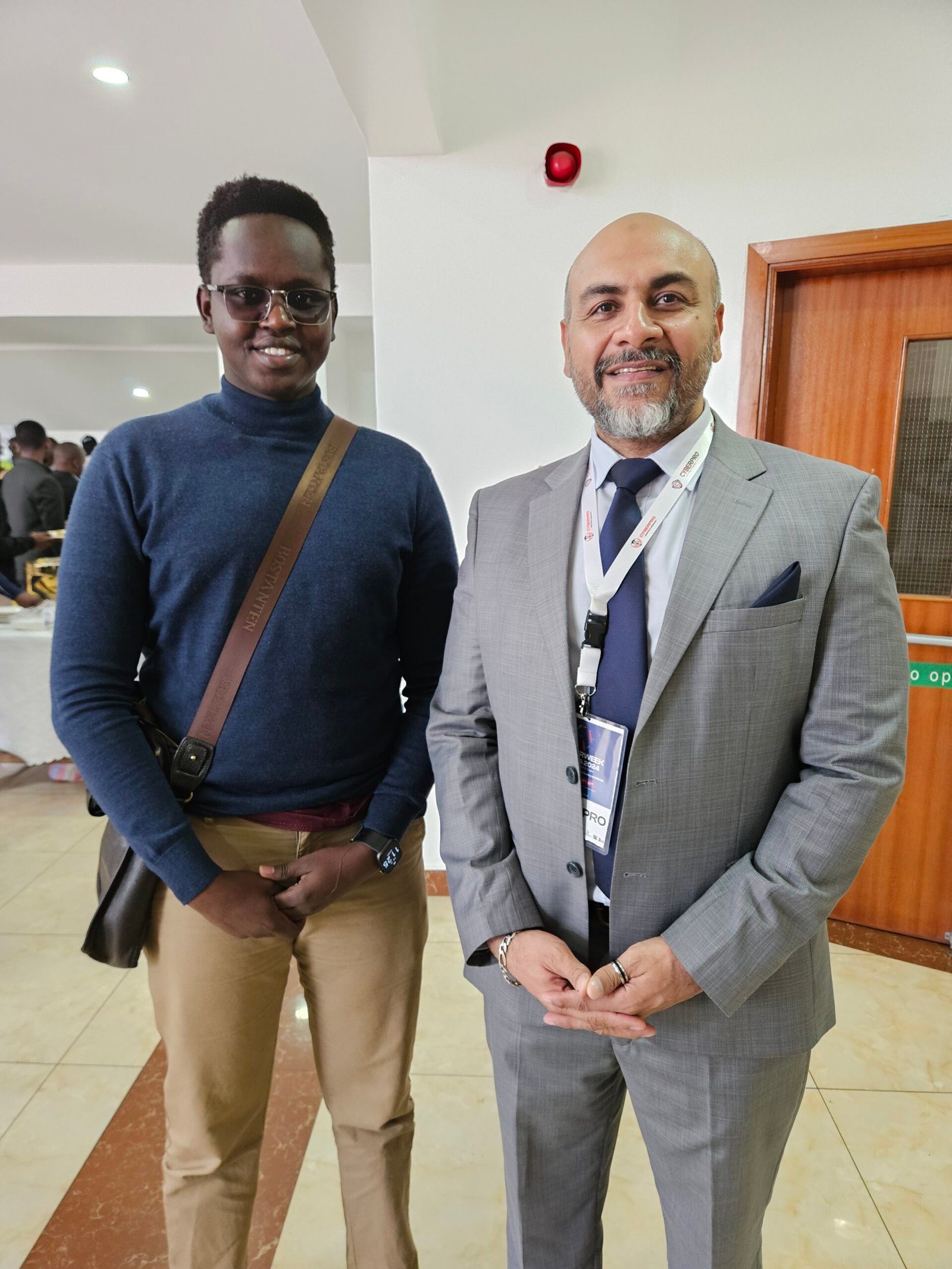
For those who missed the sessions, you can catch up on the livestreams:
Overall, the second day of CyberWeek Africa 2024 provided valuable insights into the current state of cybersecurity in Kenya and the challenges and opportunities ahead.
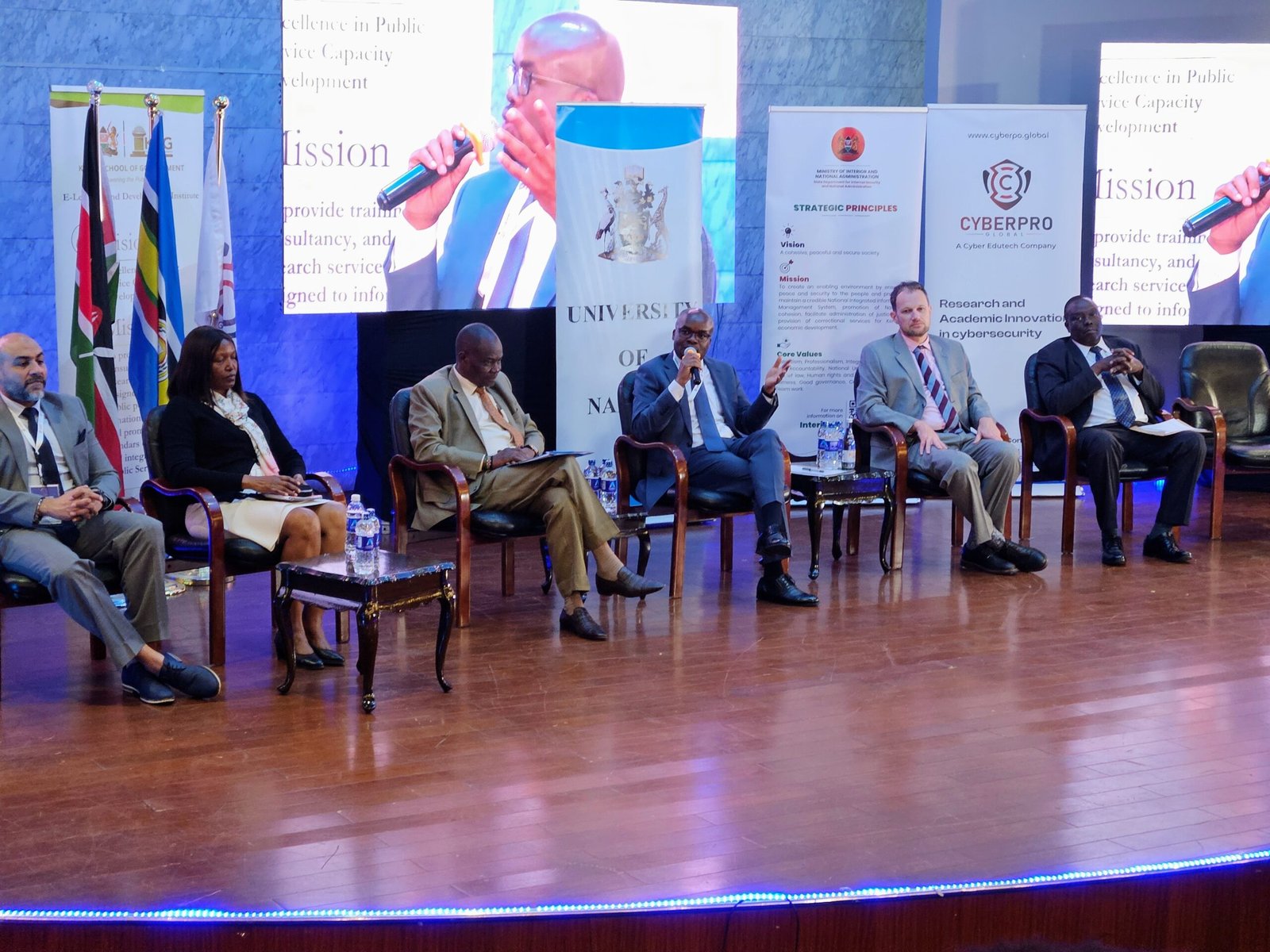
Day 3: Wednesday at the Cybersecurity Conference in Kenya
The sessions on Wednesday focused on various key themes and challenges faced in cybersecurity in Kenya.
Key Themes:
- Challenges of Cybersecurity in Kenya: Lack of skilled personnel, outdated infrastructure, and inadequate security measures in state corporations.
- Importance of Public-Private Partnerships: Collaboration is crucial for effective cybersecurity strategies.
- Building National Cybersecurity Capabilities: Training, education, and awareness campaigns are essential.
- Digital Transformation and Security: Balancing innovation with robust security measures is critical.
- Combating Cybercrime: A collective effort from individuals, organizations, and governments is needed.
- Cybersecurity Career Paths: Education, training, and continuous learning are vital for professionals.
Wednesday’s Highlights:
- State Corporation Cybersecurity: Many Kenyan state corporations lack dedicated security staff and training, making them vulnerable to cyberattacks.
- Fortinet’s Solutions: Fortinet offers a range of AI-powered cybersecurity solutions for various platforms and needs.
- Key Management in Encryption: Secure key management is essential for data encryption and protection.
- Digitization of Kenyan Healthcare: The healthcare sector’s digitization raises concerns about data privacy and security.
- National Cybersecurity Organizations: Kenya has several organizations dedicated to cybersecurity, including the National KE-CIRT/CC and the Communications Authority.
- Cybersecurity Vulnerabilities: Open ports and outdated equipment pose security risks for critical infrastructure.
- Digital Trust and Security: Building trust in the digital era requires user-centric design, data protection, and secure digital platforms.
For those interested, the livestreams for Wednesday are available here:
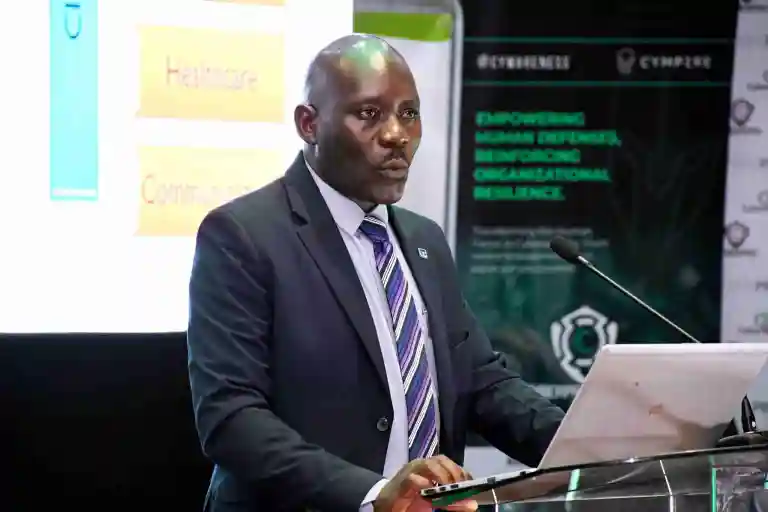
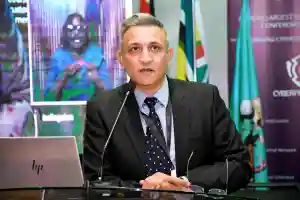
Image Suggestion: Include an image related to cybersecurity vulnerabilities or the healthcare sector’s digital transformation.
Day 4: Thursday at the Cybersecurity Conference in Kenya
Thursday’s sessions further explored pressing issues in cybersecurity and included significant events like the announcement of CTF hackathon winners and workshops.
Thursday’s Highlights:
- Writeshop on Cybersecurity Strategy, Policy, Standards, and Procedures: An engaging session focused on developing cybersecurity frameworks, which had a limited capacity of 30 seats.
- Network Traffic Analysis: Analyzing network traffic is crucial for identifying and mitigating security threats.
- Leveraging Digital Transformation: Organizations need to adopt a strategic approach to utilize technology effectively and securely.
- Combating Cybercrime: Collective action, employee education, and robust incident response are essential.
- ISACA Kenya: This organization offers professional development and certification programs for cybersecurity professionals.
- The Future of AI and Technology: The potential impact of AI on jobs and society was discussed.
- Cyber Pro Initiative: This initiative aims to build a national cybersecurity ecosystem through collaboration.
- Penta Security Tool: This agentless tool scans environments for vulnerabilities and simulates attacks.
- Cybersecurity Statistics and Trends: The session provided an overview of global internet usage and cybersecurity trends.
- Costs of Cyberattacks: Cyberattacks have both direct and indirect costs for organizations.
Catch up on Thursday’s livestreams:
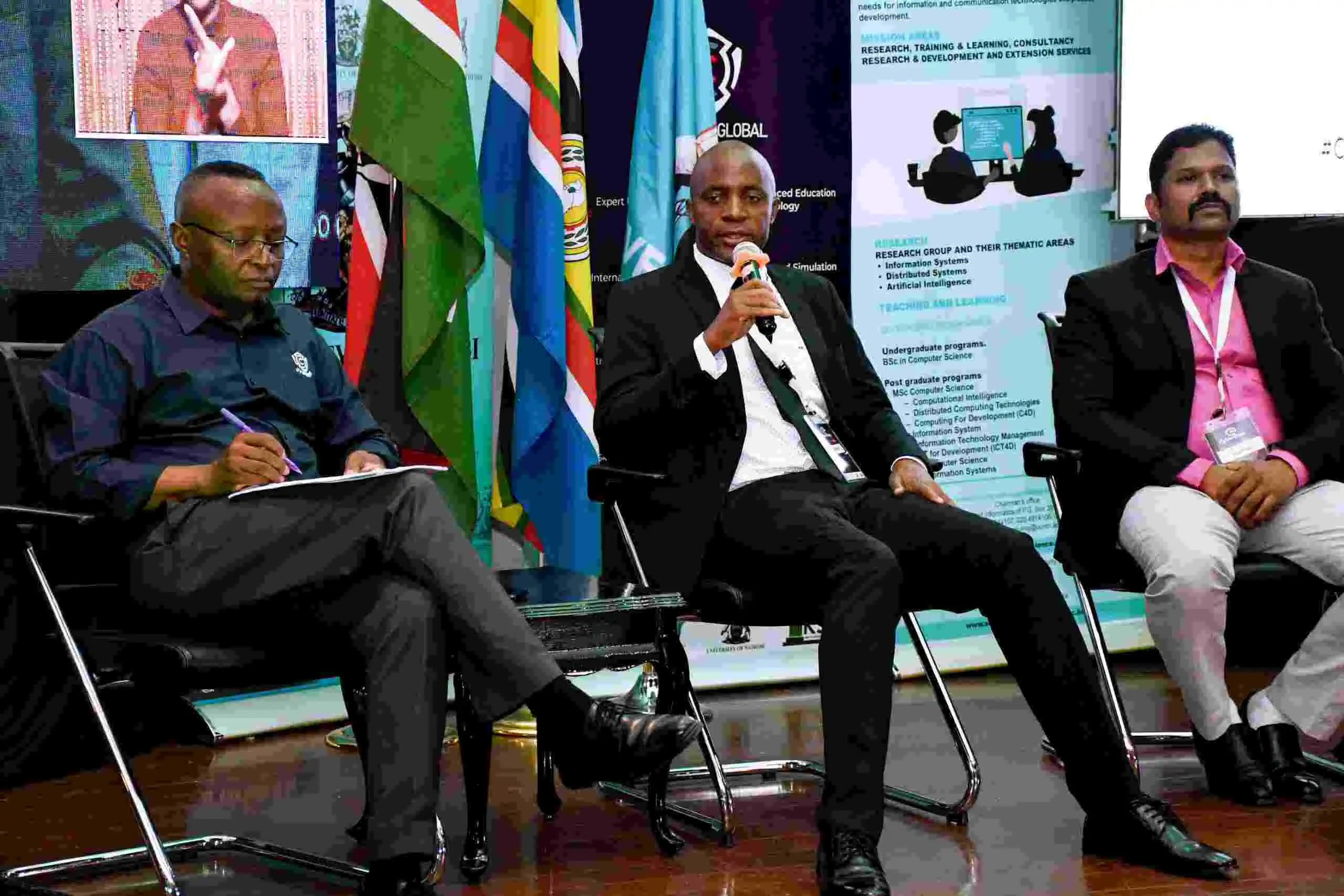
Conclusion
CyberWeek Africa 2024 was a significant platform for advancing cybersecurity in Africa. The event fostered dialogue, knowledge sharing, and collaboration, contributing to a more secure digital future for the continent.
As we look forward to CyberWeek Africa 2025, I hope to see many of the initiatives discussed this year come to fruition. It’s exciting to think about how we can collectively address the ongoing challenges of cybersecurity in Africa and the role we all play in this critical area.
For more information, visit the official CyberWeek 2024 website.



